Over the years Spike Lee has gained a reputation as an unapologetic director willing to show unpleasant things for the sake of conveying a message. In recent years, with the underwhelming reception of 2015’s Chi-Raq as well as the panned remake of Oldboy, Lee has fallen into obscurity. However, with the release of BlacKkKlansman, he’s demonstrated that he’s still here, and he still has something to say.
An Absurdly True Story
If it weren’t true, no one would believe that this could really take place. After a humorously dark cameo by Alec Baldwin, the film begins with Ron Stallworth applying to be the first African American police officer in the Colorado Springs Police Department. They hire him right away but make it clear that he will face opposition, and that he will be the “Jackie Robinson of the police force”. While the film is set in the early 70’s, racism was still widespread, which serves as one of the main plot points.
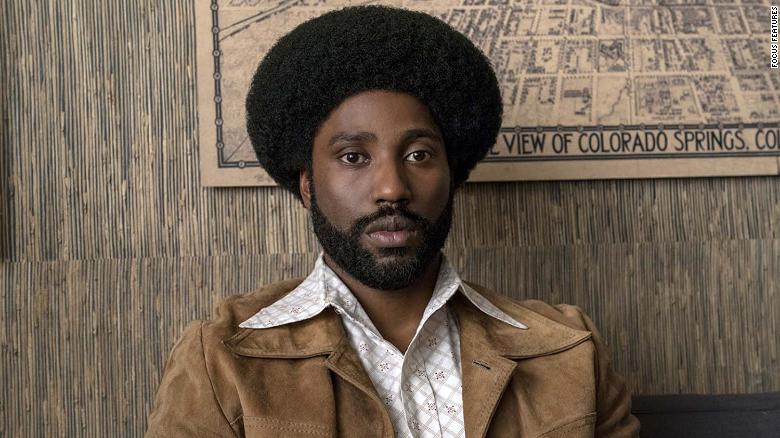
Stallworth quickly gets bored of working in the tedious records room and asks the chief if he can work undercover. The chief obliges and sends him to infiltrate a speech by Kwame Ture (the radical civil rights activist formerly known as Stokely Carmichael) and learn if the Black Student Union really is planning an uprising. Stallworth is sympathetic to the civil rights cause, but disagrees with the notion that revolution is necessary. He feels that the best way he can make change is from the inside, as a police officer, ensuring the racist practices don’t continue under his watch. Washington brilliantly portrays this inner conflict.
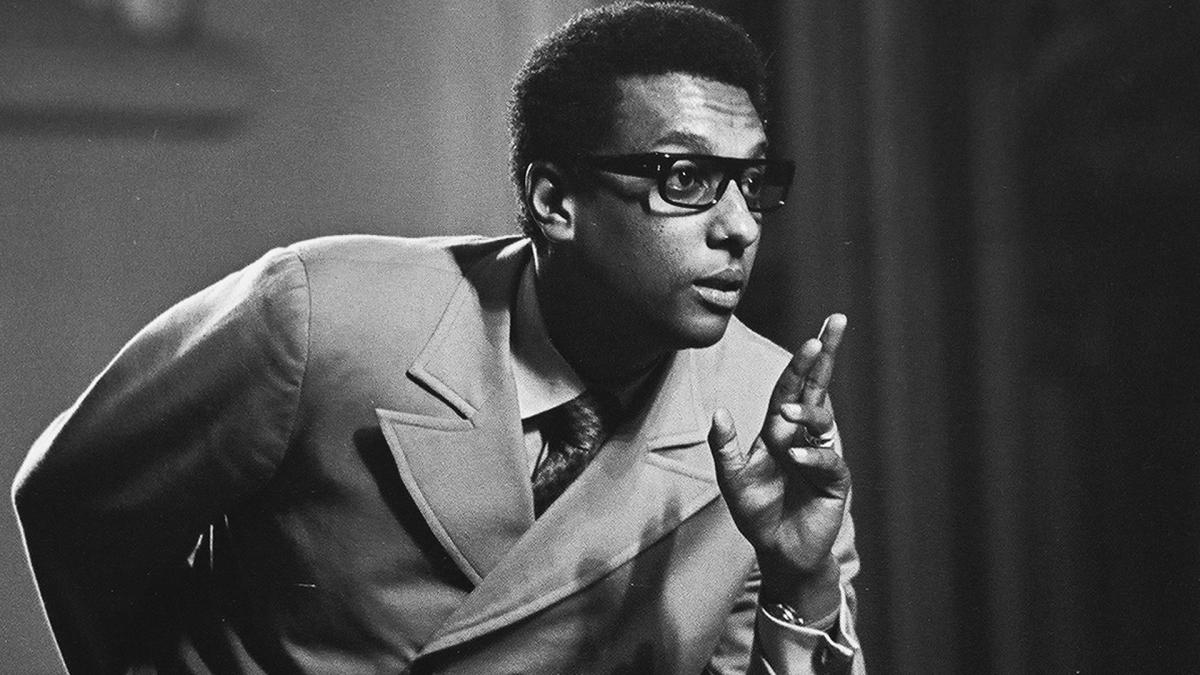
As he continues to maintain his cover and gather intelligence, Stallworth notices an ad in the local paper encouraging whites to join the Colorado Springs Chapter of the Ku Klux Klan. On a whim, he calls and poses as someone interested in joining. From there, he’s partnered with fellow undercover detective Flip Zimmerman (Adam Driver). Whenever he speaks with the Klan members over the phone, it’s Stallworth, and in person, it’s Zimmerman, who must also conceal the fact that he’s of Jewish descent. What follows in a tense long con as Stallworth and Zimmerman try to unravel a sinister and deadly plan that some radical members of the Klan want to carry out.
Everyone’s Conflicted
The film does a great job of portraying all characters as three dimensional human beings. Even the Klansman, who spew some of the most racist and hateful rhetoric one might find, treat the group as a way to hang out and get drinks with each other. And it’s only a select few that actually advocate real violence. Not at all to defend or justify their position; point being, in any group there is a spectrum. One member in particular is a perpetually drunk idiot that doesn’t know what he’s doing half the time. And another is immediately suspicious and hostile towards the undercover Zimmerman, even against the wishes of the Chapter President, who tells him to go easy on new recruits.
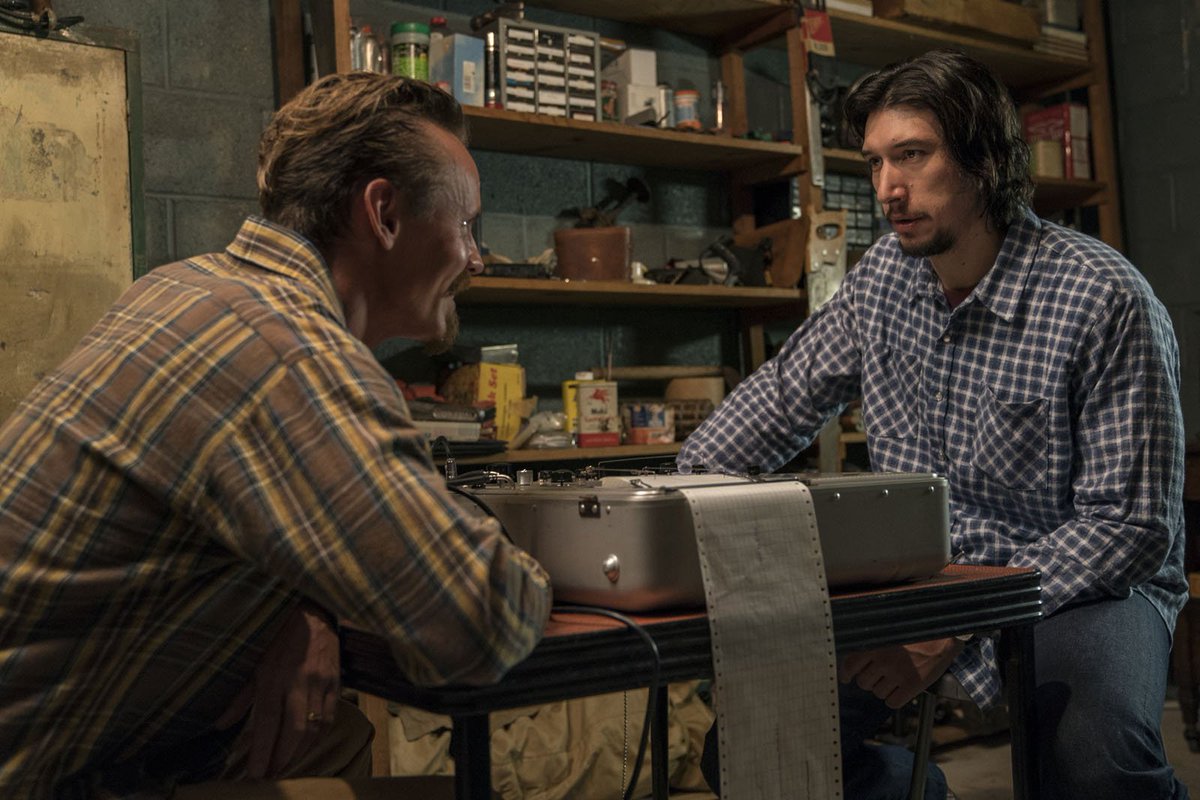
Even David Duke (hilariously portrayed by Topher Grace) claims that he doesn’t outright hate blacks, he just wants all people to stay with their own kind. This is perhaps the most common rationale that racists will use. Many of them are loving parents and spouses, which makes their beliefs so difficult to reconcile. It begs the question: while racism itself is pure evil, are racists pure evil? Or are they instead merely uneducated, brainwashed, and emotionally frail? The fact is, for many white supremacists, their belief in being superior to other races is the only thing that makes them feel positive about themselves. The psychiatric community could debate this for years without reaching consensus.
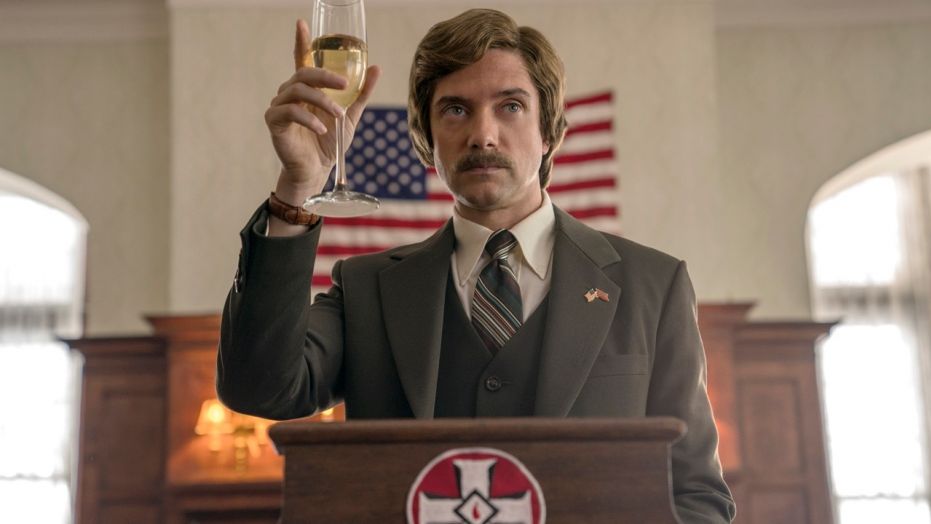
How Accurate Is It?
While the general story is true, many of the particular anecdotes are done for creative licensing. However the scene with Stallworth personally calling David Duke to ask about his membership card really took place. But the two didn’t speak over the phone nearly as frequently as the film suggests. The film takes a more comedic and surreal approach, especially when portraying the interaction with Klan members. The scenes with them are some of the funniest, purely because of their absurdity and stupidity. Most likely Spike Lee knew the only way to approach something as ugly as racism was by mocking it via a very dark sense of humor. The film also has several payoffs that, while making the audience feel vindicated and cathartic, never actually took place.
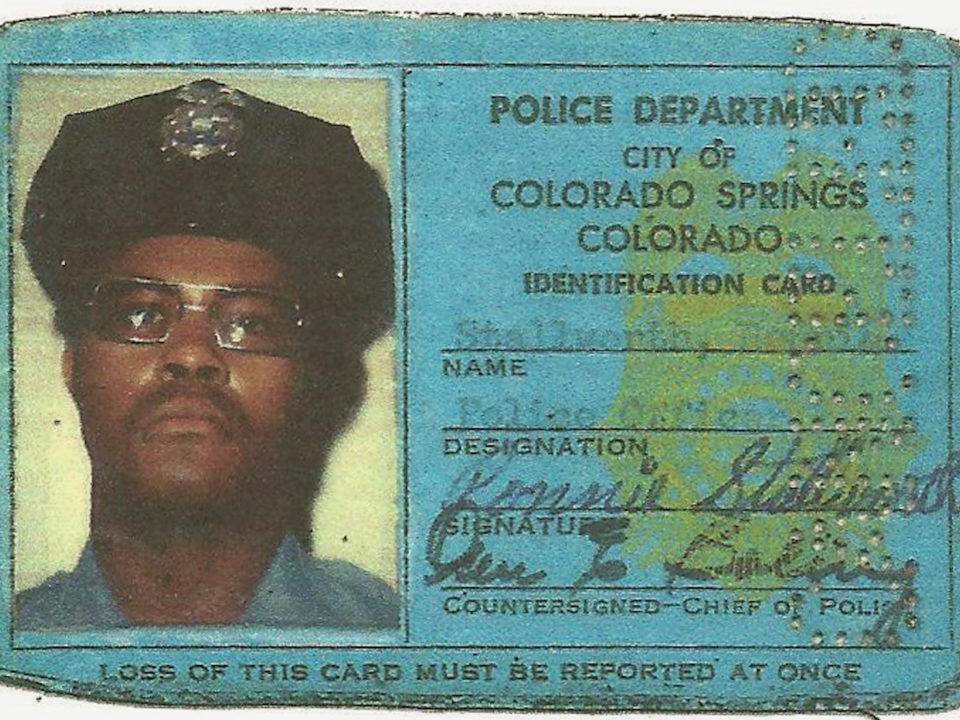
Overall, BlacKkKlansman is funny, tense, moving, and incredibly poignant. It inspires the audience to want to stand up for what’s right. Spike Lee made a name for himself with such classics as Do The Right Thing, Malcolm X, and Miracle at St. Anna. And with this newest film, he reminds us why his stories were so iconic and lasting. Given all the tensions today, and the rise of Neo-Nazism, it was more important than ever that this film be made.
Spoilers Ahead
Slight Issue with the Ending
As previously mentioned, the film itself is brilliant. And it’s not so much the ending itself that has an issue, but what follows. Before the credits roll, a montage of footage plays, showcasing the “Unite the Right” rally from Charlottesville in 2017, including the tragic incident of a white supremacist driving a car into a crowd of people, killing and injuring several of them. From there, it cuts to the infamous clip of Donald Trump stating that there was wrong on both sides, and that not everyone in the alt-right is racist or a Neo-Nazi.
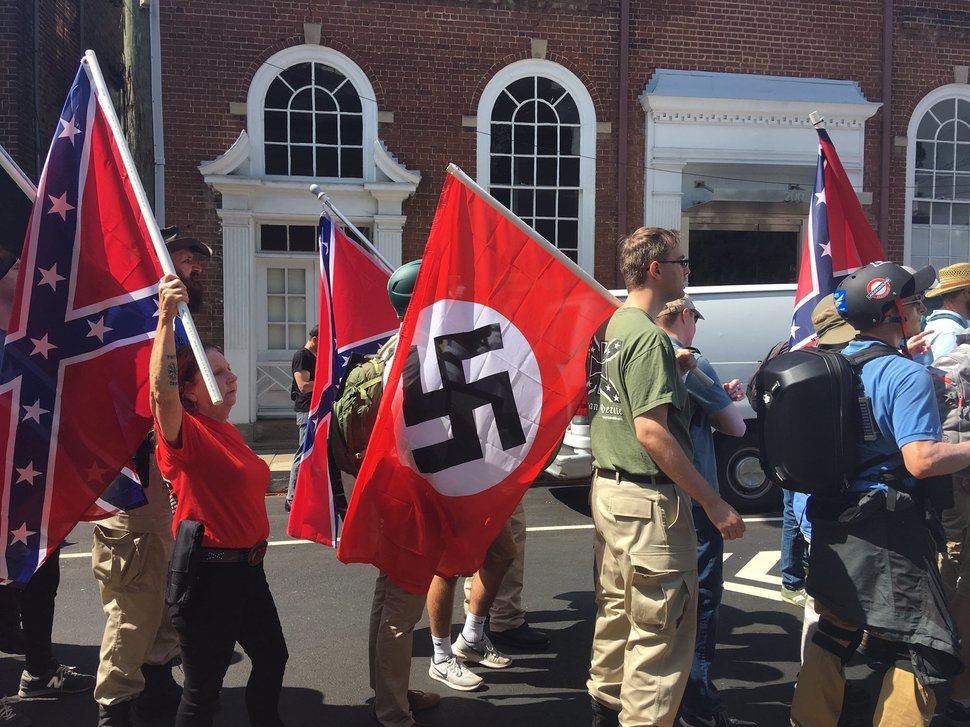
It’s quite clear to see what Spike Lee was trying to here. Obviously there are many parallels with the issues in his film and the issues facing America today. It’s no doubt the reason why he wanted to make the film to begin with. However it can’t help but feel like, this is driving the point home in a very heavy-handed way. The message was clear from the film itself, and done so in as subtle a way possible. Including the real footage almost makes it preachy and makes the message a bit less effective. It also makes the film very much a product of its time, and thus prevents it from attaining timeless status in the future. Many films based on true stories end with text stating the eventual fates of each character. This would have been a much stronger way to end the film. Once again, it’s completely understandable that Lee wanted to make this point, but perhaps he could have done so in a more nuanced and effective manner.




